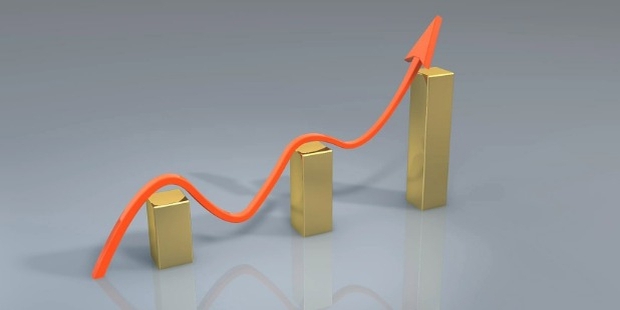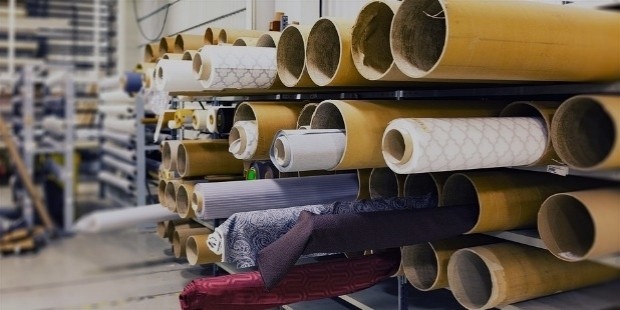5 Benefits of Economies of Scale to a Business

Running a business is expensive! There are a lot of expenses that are linked to each activity that is carried out. While some expenses are fixed in nature – to be paid irrespective of whether sales are made or not, others are variable – that are borne by the firm increasingly, on the basis of the number of units that are sold.
Economies of scale are additional savings that a firm can realize if it carries out the same business on a larger scale than it presently does.
Here are five 5 direct advantages of economies of scale (EoS) for a business:
1. Bulk Purchase of Raw Materials
If a business sells in bulk, it needs more raw materials for the production of units. If these same raw materials are bought in bulk, they allow the buyer to ask for a higher volume discount/bulk purchase discount. This brings down the input cost drastically and hence the profits made by the firm on per unit of sale increases by that measure.

An example of this is a car buyer. While he may buy a few liters of engine oil a year, a car engine manufacturer might need a thousand times more of the same engine oil and needless to say, at a much lower cost.
2. Special Customer for Suppliers
Bulk buyers of any firm are always treated as special. They are always offered a lot more for the same unit of currency than others are offered. For instance, the interest-free line of credit offered to bulk customers is of a longer duration. The rate of interest charged also much lower. Additionally, other charges such as delivery, returns, and late payments really never apply to them. After all, they are special customers.

All these amount to much higher savings for a firm.
3. Investment in Further Business
One of the easiest (but expensive) ways to make more money in a manufacturing firm is to constantly upgrade machines and other manufacturing equipment. A firm that sells in bulk makes a lot more profit than their competitors do, and also a lot quicker. This increase in the cash flow allows it to invest in better technology and other manufacturing equipment, much more frequently.

Moreover, since the firm has economies of scale, the cost of procuring expensive machinery is divided across multiple units of goods sold, thus not affecting the price of goods at all.
4. Increasing Specialization
Doing the same thing over and over again makes people experts. The theory of the learning curve states the same thing too – as an individual repeats any task, he gets a lot more efficient at it.

For a firm that manufactures thousands and thousands of units of the same product, expertise creeps in sooner than later. Be it the design, the finishing, the packaging or any of the hundred steps in manufacturing – they are way better than their competition because they do the same activity over and over again.
5. Goodwill
A firm that sells multiple units of the same product is not only a lot more efficient in its manufacturing, but it also becomes a strong brand with time. No one really doubts the competence of Mc Donald’s when it comes to selling burgers because that’s the only thing that they do. The same happens to a firm that operates on EoS.

Additionally, such firms can also donate products as and when they wish, since each unit really doesn’t cost them that much.
So clearly, economies of scale bring with them a lot of advantages; and the best part, a whole lot more of earnings. Firms ought to strive and attain this for longer term profitability and growth.









